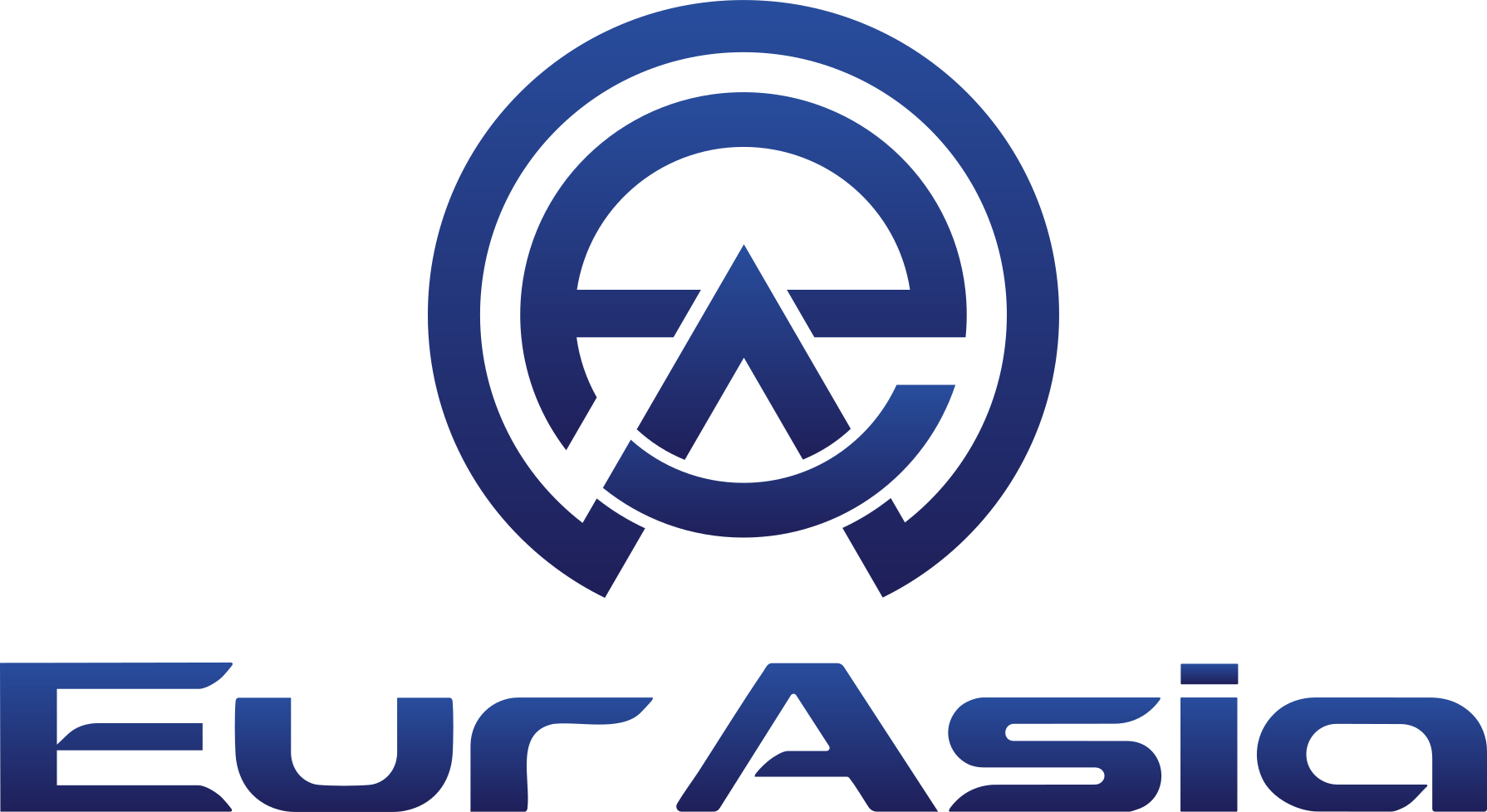Republic of Lithuania
Lithuania is a modern, high-income Baltic economy with strong digital infrastructure, diversified industry, and a strategic location at the crossroads of Northern and Eastern Europe. In 2024, its nominal GDP reached approximately €77.9 billion (around USD 84 billion), while real GDP grew by about 2.6–2.8%, marking a modest economic recovery after the 2023 downturn. Inflation was stable at around 2.1%, and unemployment stood at roughly 7.1%.
Economic overview
Services dominate the economy, accounting for over two-thirds of GDP, followed by industry at around 28% and agriculture with about 3%. Major exports include refined petroleum, machinery, furniture, electronics, textiles, and food products. The country excels in digital services, fintech, and global business services, supported by a skilled workforce and favorable regulatory environment.
Key economic indicators
Nominal GDP: approx. €77.9 billion / USD 84 billion (2024)
Real GDP growth: around 2.6–2.8% (2024)
Inflation: approximately 2.1%
Unemployment: around 7.1%
GDP per capita: around USD 30,500 (2025 estimate)
Business environment
Lithuania offers a very favorable business environment, ranking high in economic freedom, tax competitiveness, and ease of doing business. It hosts several Free Economic Zones with substantial tax incentives and has recently introduced the “Investment Highway” to fast-track major projects. Digital public services are highly advanced, with over 80% citizen usage and strong e‑government infrastructure.
Key sectors for investment
ICT, fintech, and global business services
Manufacturing: machinery, chemicals, furniture, lasers, biotech
Logistics and transport: seamless corridors and modern ports
Renewable energy and clean technologies
Innovation ecosystems and R&D, particularly in smart manufacturing and cybersecurity
Investment advantages
Highly educated workforce and advanced digital infrastructure
Stable macroeconomic performance and EU-aligned regulatory frameworks
Tax incentives via Free Economic Zones and investment facilitation schemes
Strong export capacity and integration with European markets
Rapidly growing tech and innovation sectors
Conclusion
Lithuania presents a stable and future-oriented investment destination, blending digital readiness, industrial depth, and strategic access to European markets. Whether in tech, manufacturing, logistics, or green energy, the country offers a secure and dynamic environment for business.
If you are interested in exploring business and investment opportunities in the United Arab Emirates, EurAsia Gulf is well-positioned to assist you. Our extensive network of connections within both government and private sectors allows us to provide you with valuable insights and guidance. Our team of experts is dedicated to offering tailored consultations to meet your specific needs.
For more information or to schedule a consultation, please feel free to contact us at info@eurasiagulf.org


